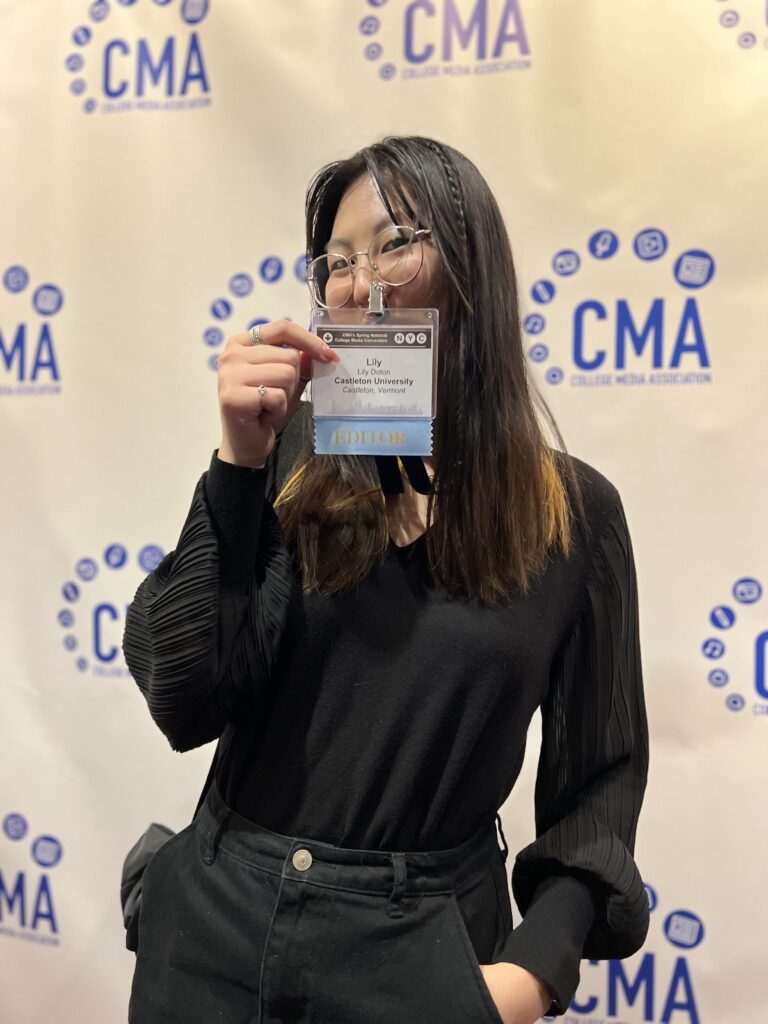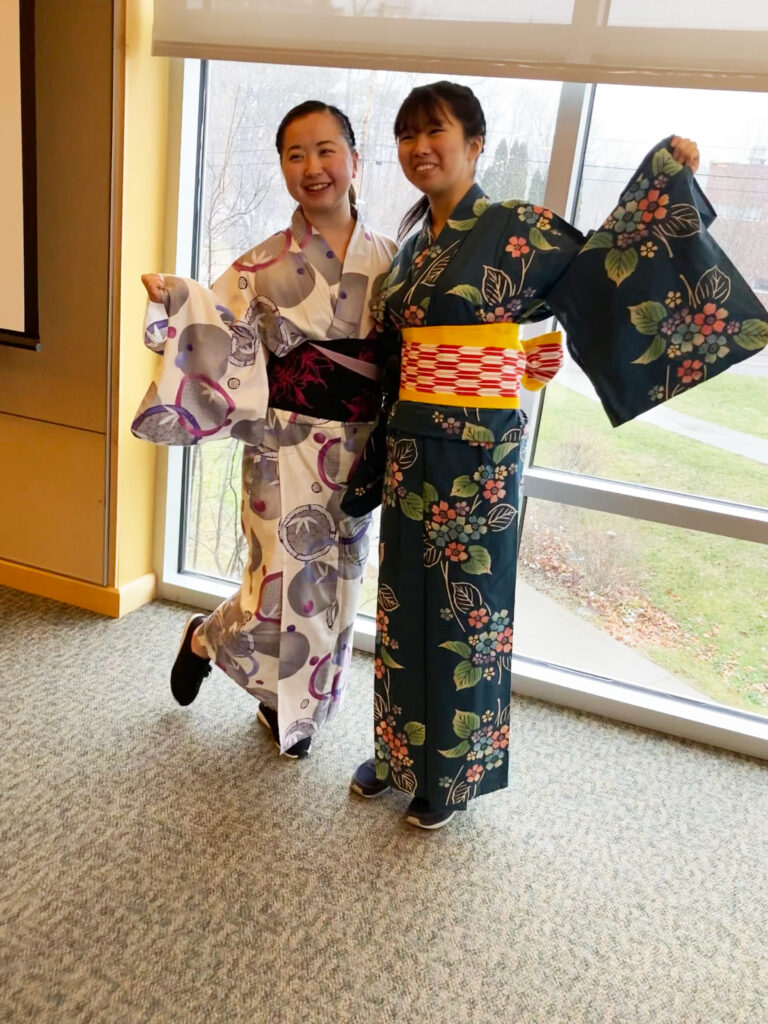Aussie student travels to D.C. to represent Vermont

Imposter syndrome was my first reaction to being invited to represent Vermont at the 2023 Henry Clay Institute’s College Student Congress. Both in academic rigor and nationality, I felt uncertain I was the right candidate to embody the needs and wants of greater Vermont.
The Henry Clay Institute is a nonpartisan, non-profit center dedicated to changing the nature of America’s political discourse, manifested largely in bipartisan policy solutions. As a Political Science major accompanied with an Environmental Studies major and a handful of minors, the Henry Clay Institute optimised the underlying message of my studies – a pragmatic and realistic solution to America’s, and the worlds, greatest obstacles.
The College Student Congress internship is a two-week program held in May, first located in Kentucky and then across to Washington D.C. The student body is made up of 51 student representatives from across the country.
As an Australian, I was unsure whether my international status may exclude me from being able to represent Vermont or undermine my ability to accurately understand the needs of a culture so unique from my own.
Though in retrospect, as the only international student represented at this year’s College Student Congress, it may have been exactly my unique perspective that won me a seat.
This year, four policy areas were identified and representatives were asked to rank them in personal preference. Mine was in the order of higher education finance challenge, water rights and water allocation, reconsidering the presidential election and the electoral college process, and approach to social media regulation challenge. Students are then placed in a policy area and asked to create a bipartisan solution to the issue, to the end of presenting the solutions to a board, of hopefully, powerful politicians.
The second week of the internship is a crash course in networking. Held in Washington D.C., students are given tours of the U.S. Capital, The White House, and the Supreme Court and are privileged to meet official members of congress.
While networking may seem secondary to the academic rigor of policy development, it has become increasingly clear to me that networking encompasses vital skills necessary to succeed in the unforgiving and competitive reality of politics.
As an Australian representing Vermont, I have come to realise that this odd pairing is not so bizarre as it seems.
In light of the global nature of politics and particularly the global nature of international crises, my nationality seems irrelevant to finding solutions to problems that manifest at the global level.
Given contemporary politics’ disposition toward globalisation and integration, it seems only fair that the leading power in the West be open to the opinions of those impacted by their actions, and more importantly, aware of the ramifications that American politics holds.



